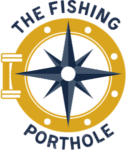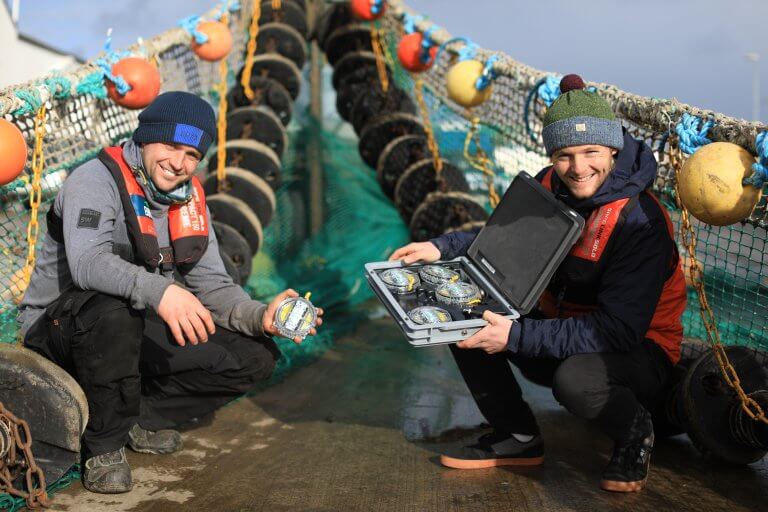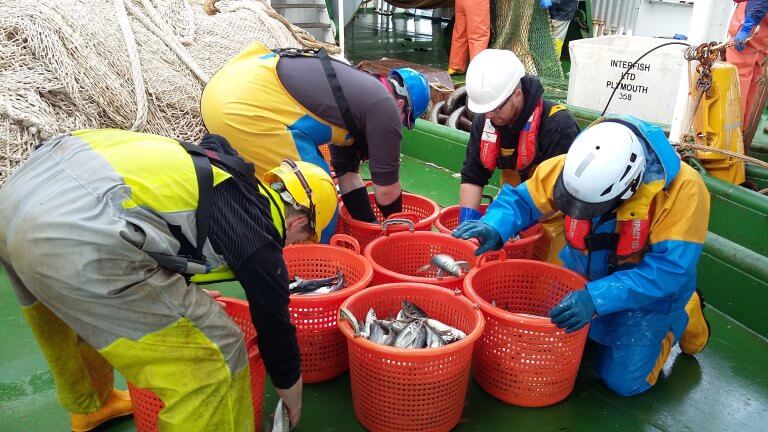a physical oceanographer may look at tide, current & wind patterns, social scientists may look at the human impacts of fisheries management or quota distribution, a space scientist may measure sea surface temperature from satellite data, and a technologist may look at gear adaptations to reduce bycatch or improve traceability in the seafood supply chain.
They may work collecting and analysing data in offices & in labs, at sea on research vessels or fishing boats – and are likely based within universities and institutes, fishing businesses and tech companies, in government funded research bodies (like Marine Scotland Science, CEFAS, Natural England), and sometimes within scientific departments of government institutions.



